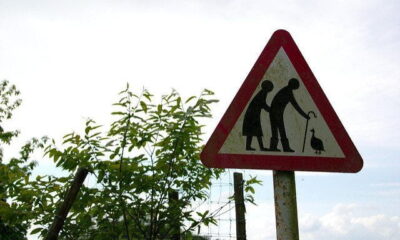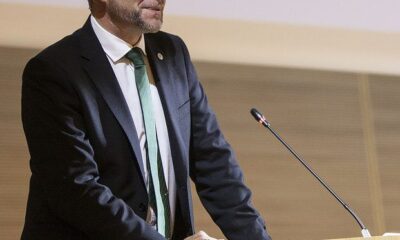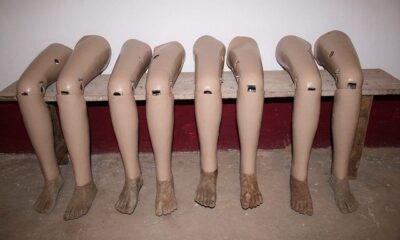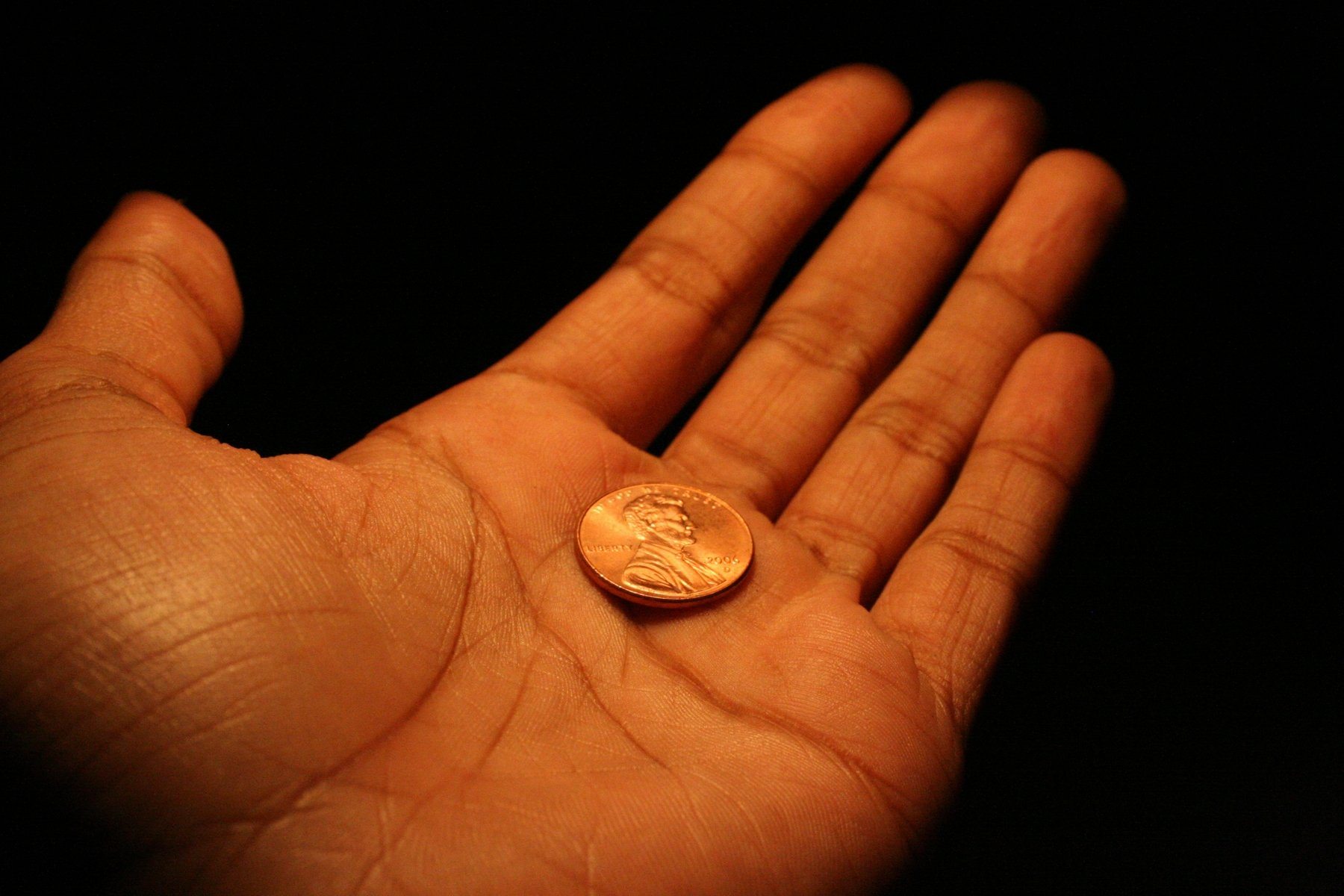
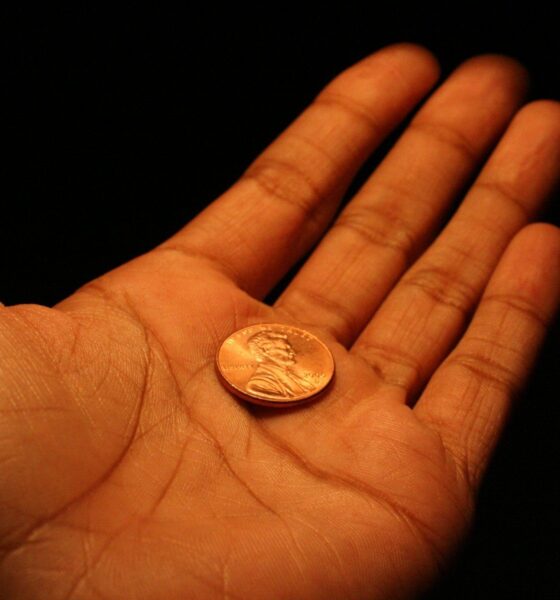
News
Official wealth figures outline ‘grotesque’ inequality in Britain
New data from the Office of National Statistics (ONS) show that Britain’s wealthiest 1% now holds as much wealth as the poorest 54%. The findings have been described as “grotesque” by an equality campaign.
Total household wealth in Great Britain topped £9.5 trillion in 2010-12, an increase of 12% on the data for 2006-08. However, the distribution of the wealth varies enormously, with a small minority having a large portion. For instance, the wealthiest 10% own 44% of household wealth.
The figures also suggest that the gap is widening. The wealthiest 20% of households had 105 times more than the least wealthiest 20% in the latest figures, up from 92 times in 2008-10.
The north-south divide also remains prevalent. Those in the south-east had the highest median total wealth at £309,700, and a 31% increase on the previous data, followed by the south-west. In contrast, the north-east saw median household wealth fall 10% to £142,700 between the two data sets.
Duncan Exley, director of the Equality Trust, said, “The grotesque concentration of wealth in the hands of a tiny minority is fracturing our society, weakening our economy and giving disproportionate power to the richest.
“Unless policymakers adopt a clear goal of reducing the gap between the richest and the rest, they will have to govern an increasingly dysfunctional nation.”
The findings follow the publication of Capital in the Twenty-First Century from economist Thomas Piketty. The book argues that inequality is a feature of capitalism and the world was becoming more unequal with prosperity depending on inherited wealth.
Rachael Orr, head of UK poverty programme at Oxfam, described the ONS releases as another “shocking chapter in the tale of two Britains”.
The charity recently released a report, which showed that the five richest families in the UK are wealthier than the bottom 20% of the population, the equivalent of 12.6 million people. The report added that the gap has been rapidly growing with the wealthiest 0.1% seeing their income grow nearly four times faster than the poorest 90%.
Separate research also found that the social consequences of inequality, such as life expectancy and higher levels of imprisonment, cost the UK over £39 billion each year.
Photo: sufunawaz via Freeimages
Further reading:
Rising house prices fuelling inequality, says Legal & General
Oxfam: corporation fuel ‘vicious cycles of inequality’ through tax rules
Sustainable development must include tacking inequality, says UN
Wealth inequality costs ‘deeply divided’ UK £39bn a year
Tackle food waste to tackle inequality, government report says

